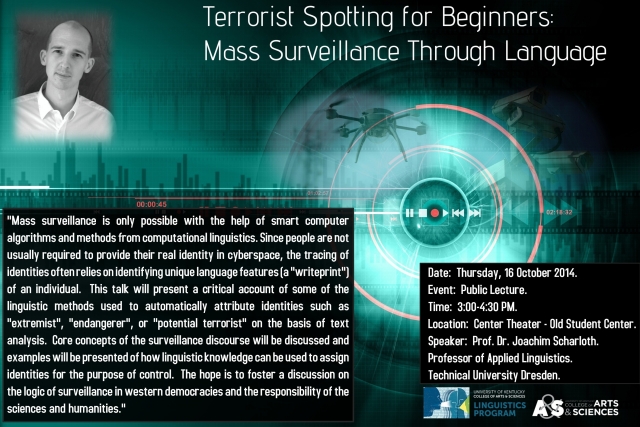Compressed Course: "An Introduction to Text Mining and Textual Data Analysis for the Humanities and Social Sciences"
A special 1-credit opportunity to discover text mining and textual data analysis.
Across many disciplines, interest is increasing in the use of computational text analysis in the service of answering questions in the humanities and the social sciences. Media scientists analyze social media in order to predict corporate crises, political scientists and economists look for indicators of mood and sentiment in platform speeches and economic forecasts, literary scholars analyze the distribution of motifs in large numbers of texts in different literary epochs, and social historians and sociolinguists look for networks and connections among the people, places, and times related to the documents they study.
Following the distinction between "digitized" vs. "digital" scholarship, computers not only assist the work of researchers (digitized scholarship) but also transform the basis of the scholarship: they foster research that would have not been possible without digitization and increasing computing power (digital scholarship). Mapping emotions by mining huge numbers of books, or searching all Latin texts from Antiquity for paraphrases of Plato, are only two examples of investigations documenting the innovative potential of digital research. This transformation makes it necessary to reflect on the new relationship of scholars to their objects of investigation and to discuss the new ways researchers handle textual "data".
In this course we will familiarize ourselves with the concepts, debates, and selected tools within text-based digital scholarship and discuss the repercussions on the way we perceive and construct our objects of research.


 Don't miss this opportunity to see and hear the the James Leva Quartet performing A Kindly Visitation, a play about fiddler Tommy Jarrell. This event is free and open to the public! The performing quartet is James Leva, Riley Baugus, Danny Knicely, and Ira Bernstein. The play starts at 7:30 in the Recital Hall of the Singletary Center for the Arts on Tuesday, October 14, 2014.
Don't miss this opportunity to see and hear the the James Leva Quartet performing A Kindly Visitation, a play about fiddler Tommy Jarrell. This event is free and open to the public! The performing quartet is James Leva, Riley Baugus, Danny Knicely, and Ira Bernstein. The play starts at 7:30 in the Recital Hall of the Singletary Center for the Arts on Tuesday, October 14, 2014.